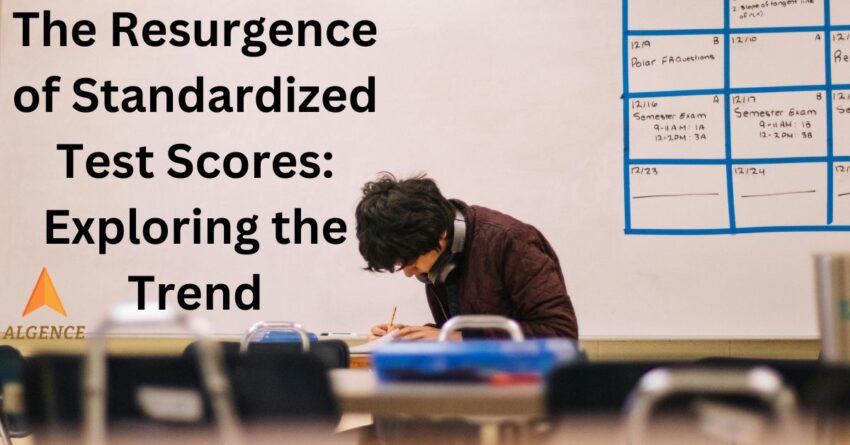COVID-19 brought some big changes to education in the US. Elementary school, high school and college students — even people getting their MBA — were all suddenly thrown into a virtual learning environment with practically zero preparation, meanwhile millions of workers lost their jobs.
Colleges adapted to this new reality by abandoning one of the most critical markers of academic achievement: standardized test scores. There were a few reasons offered for this change. Students shouldn’t meet in person to take SAT or ACT exams for fear of spreading the virus. Testing organizations lacked the ability to administer their exams virtually and to prevent cheating. High school curriculums were likewise compromised to allow kids to graduate, so colleges and universities responded by waiving certain requirements, including making the ACT or SAT optional.
As of this writing, more than 80% of colleges do not require a standardized exam.
A lot of people celebrated the demise of the SAT and ACT. Social scientists have long thought using test scores as a key criteria for college admissions was a form of discrimination. In other words, scores were a proxy for student socio-economic status. Wealth families can afford to pay for tutoring and additional classes aimed at maximizing one’s scores. They also had the money for test-prep books, and the time to read them. Rich students could likewise afford to take the exam multiple times and thereby inflate their numbers.
But now things are changing again. The Ivy League has rejoined the fray, most recently with Yale reinstituting the exams as an optional part of admissions. According to some new research, abandoning these exams actually disadvantages students from low-income families, who otherwise might not have an opportunity to stand out in the admission pipeline. It turns out that high school grades are not very useful predictors of college success and graduation – see grade inflation.
Our advice is to always take whatever advantage you possibly can during a competitive application process. Whether that’s applying for college or a postgraduate degree, or hitting the job market, you never know what might make the crucial difference between you and another candidate.
And one way to separate yourself from the competition is by having your own detailed upskilling plan. Algence skills assessments are like roadmaps to help you figure out what you should learn next. Take your first skills assessment and get started today!

